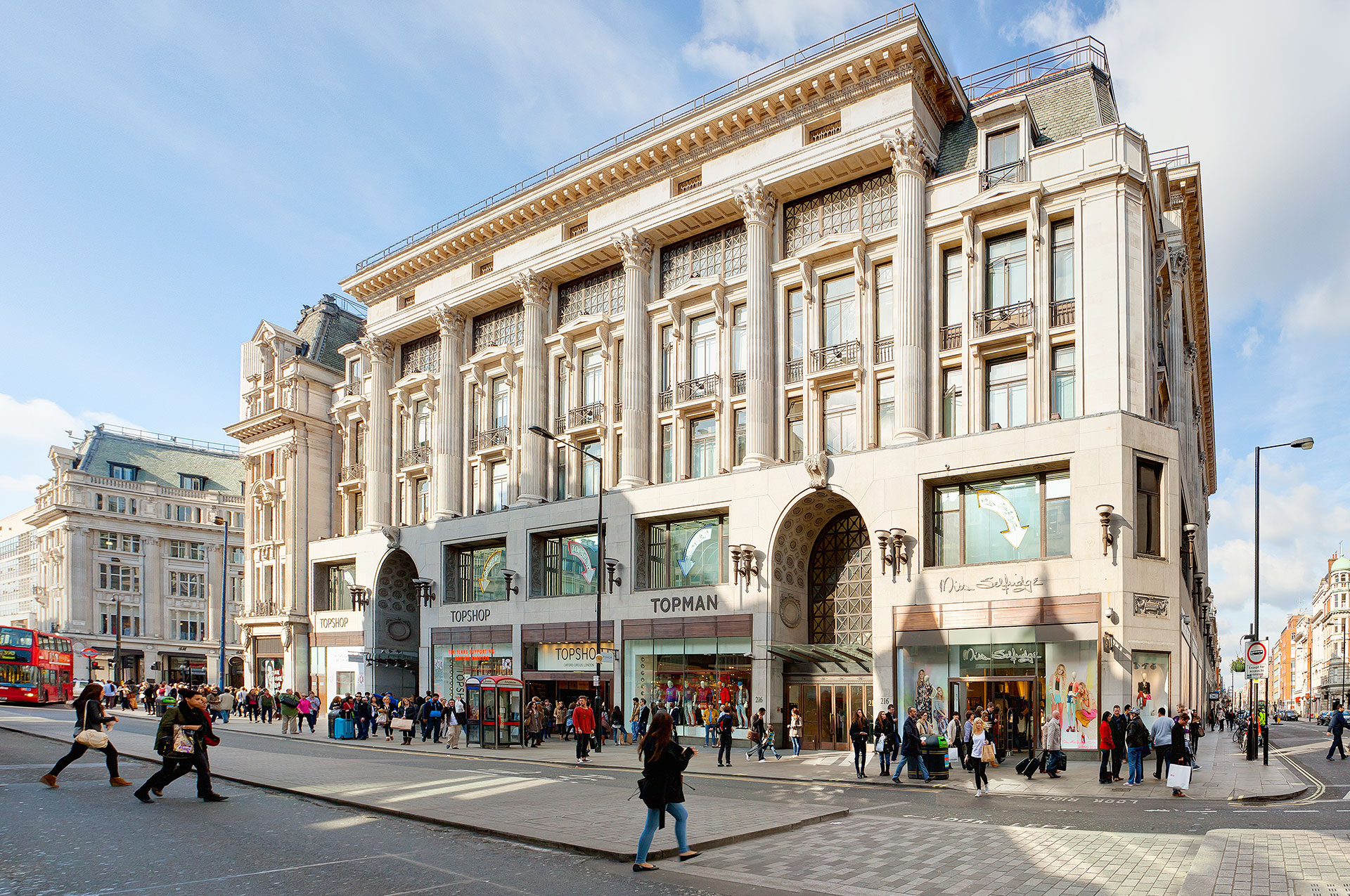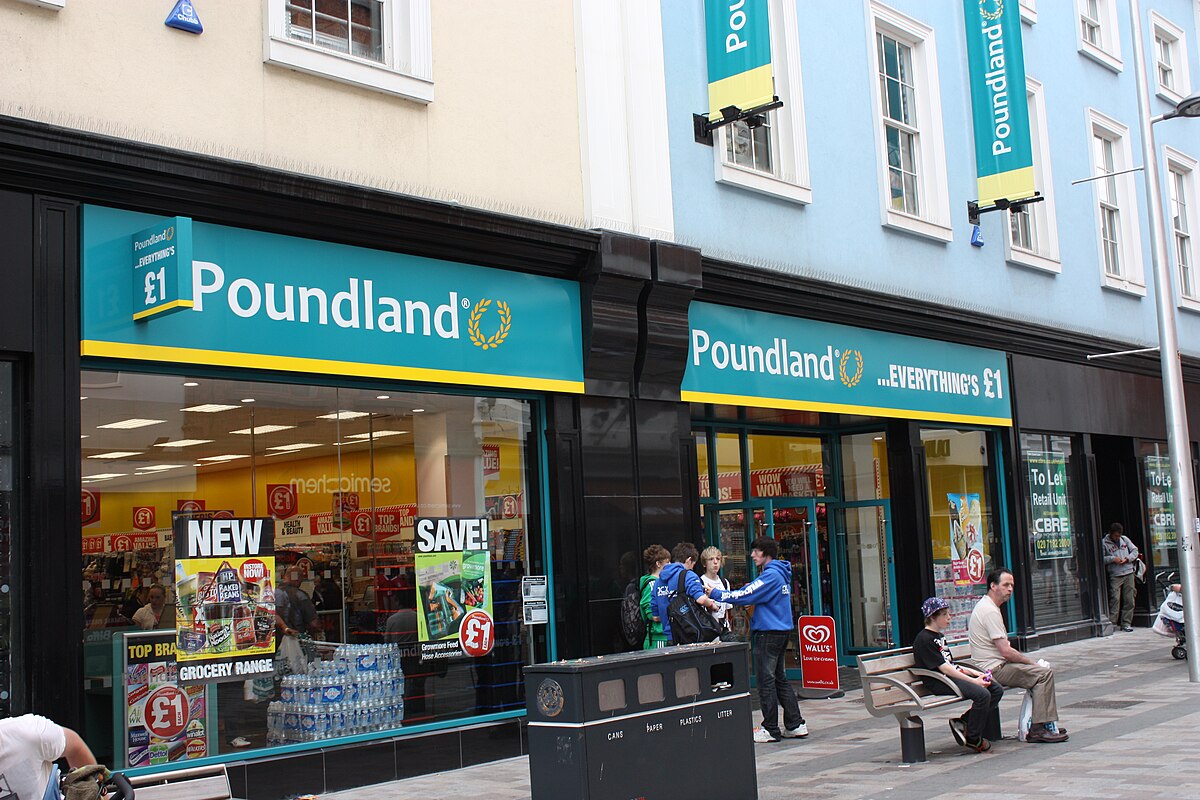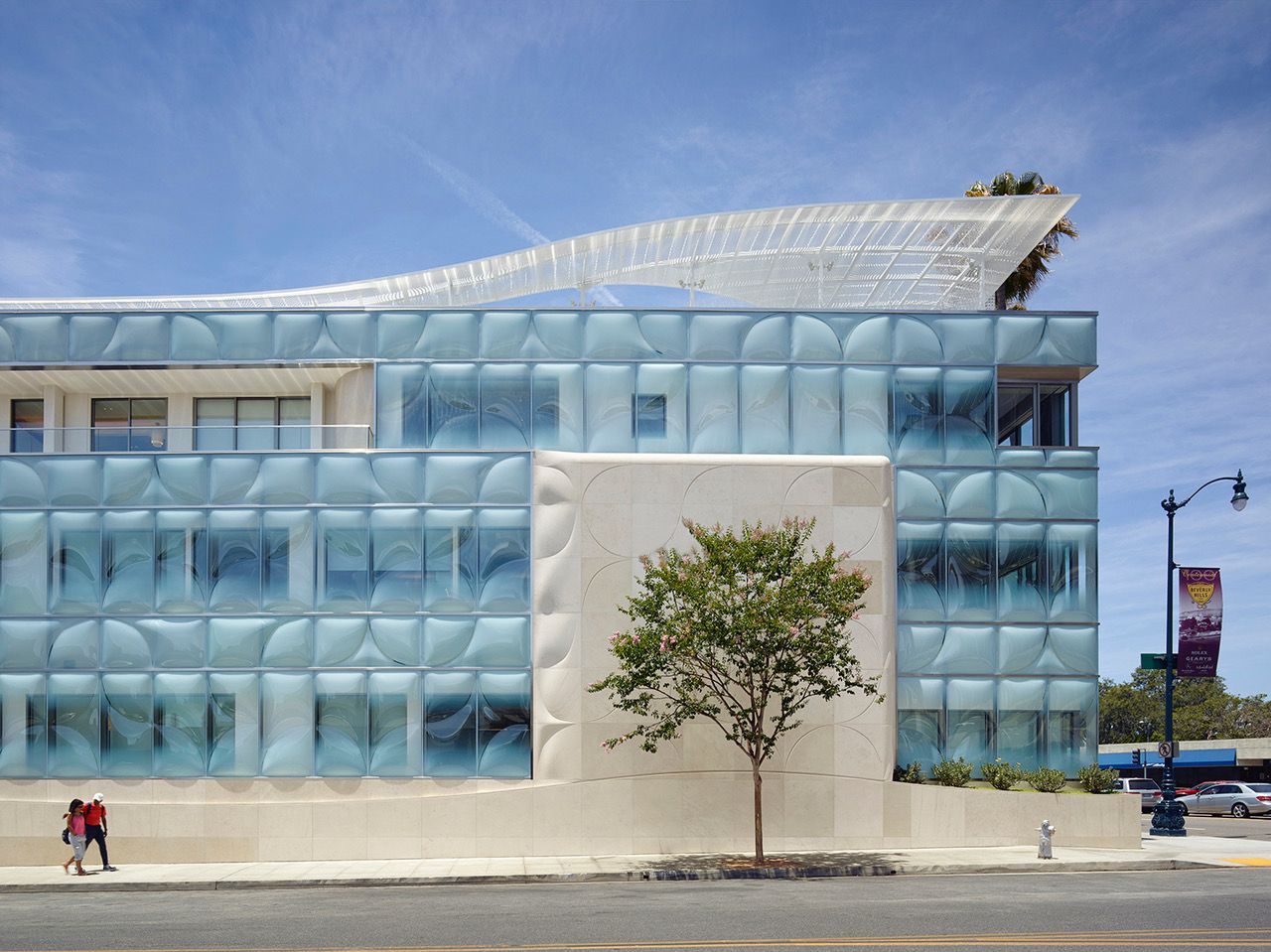Swedish furniture maker Ikea is buying the former Topshop store on London’s Oxford Circus for £378 million (€450 million) as part of a “long term vote of confidence” in British retail.
The 214 Oxford Street address, on sale since January, contains around 22,000 sqm of space, of which Ikea is expected to use around half. Long term tenants Nike and Vans are expected to continue their operations in the seven-storey building.
“This is a top, top location and we very much believe in London and the UK in the long, long term . . . ,” said managing director of Ingka Investments Krister Mattsson, the arm of Ikea buying the property, told the Financial Times.
“The UK is also interesting after Brexit. In the long run, we think it’s going to land in a good way here.”
The world’s largest furniture group has long been on the hunt for a central London location as it moves away from the big box stores at the edges of urban conglomerations it was known for.
In recent years, Ikea has been experimenting with different types of city-centre outlets, from kitchen-planning studios and click-and-collect points to locations holding thousands of different products, such as one in Paris.
Ikea’s last foray into Oxford Street ended in 2015, when a previous attempt to open in the world-renowned shopping district fell through.
Background
Ikea was able to get the building more cheaply than might have been the case a few years ago, as the difficulties hitting retailers impacted the area hard.
Last year, the Arcadia retail empire, which previously owned brands like Burton, Dorothy Perkins, Evans, Miss Selfridge, Outfit, Topman, Wallis and Topshop, collapsed into adminstration.
The future of most of these brands has already been determined, with ecommerce competitors awash with cash after the COVID-19 pandemic shut brick and mortar stores and drove fashion consumers online stepping in to acquire the famous brands.
Australia’s City Chic bought Evans for £23 million (€25 million) in December 2020, while Asos bought Topshop, Topman, Miss Selfridge and HIIT from the defunct Arcadia group, in a deal that was reportedly worth £295 million (€335 million).
Boohoo meanwhile aquired the last pieces of the fire sale – Dorothy Perkins, Wallis and Burton – for £25.2 million (€28.7 million) only days later February.
Boohoo had already purchased the Debenhams, Oasis, Coast and Karen Millen brands out of administration.
Significantly, none of these deals included the associated store or shop staff, leading to thousands of job losses and leave prime real estate on the defunct companies’ books.
Ikea has now bagged one such propery, the flagship UK store in the Arcadia empire, which had been previously valued at more than £400 million (€475 million).
The site had been pledged as security for the defunct group’s defined benefit pension scheme under an agreement reached with the trustees and the UK Pension Regulator in 2019, while a £300m loan is also secured against the property.
The new Ikea store on Oxford Circus, which will not open until 2023, will have click-and-collect as well as click-and-deliver functions and planning studios, typically for kitchens and wardrobes.
Mr Mattsson said that despite a “quite dramatic increase” in online sales at Ikea, which rose from 7 per cent of total revenues in 2019 to 30 per cent this year, “we are still very linked to our bricks and mortar”, stressing that shops were where customers could see the full product range and gain inspiration.
“We will not switch too much into ecommerce. Oxford Street is much more accessible and is [a] way to widen the opportunities of customers to meet Ikea retail,” he added.
Clyde Caruana dismisses Iran war energy price concerns: ‘Malta has plenty of space to manoeuvre’
The escalating conflict between Israel and Iran has sent shockwaves through global energy markets
Poundland bought for £1 in rescue deal as thousands of UK jobs on the line
Poundland has more than 800 stores around the UK and employs some 16,000 people
Corinthia expands Beverly Hills footprint with third property acquisition and new US partnership
The partnership secured rights to acquire a third prime property; an office block adjacent to the Maison and Mosaic Hotels





